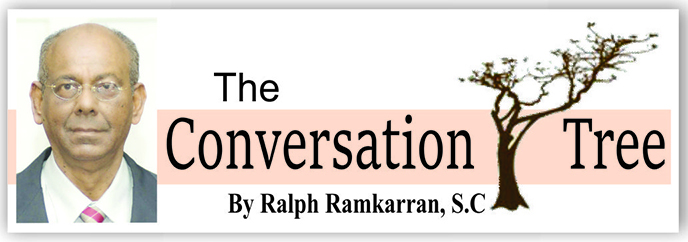 The phrases ‘shared’ governance’ and ‘winner-take-all’ were introduced into Guyana’s political lexicon in the mid 1970s by the ever-resourceful Cheddi Jagan. At that time the PNC had given itself a two-thirds majority of votes and seats in the National Assembly at the 1973 general elections. It placed the PPP on the backfoot by the nationalization of the ‘commanding heights’ of the economy, long advocated by the PPP. The PNC developed political relations with China, Cuba and the non-aligned movement thereby exerting political pressure against the PPP, which had been demanding these policies. With continuing Cold War pressures assuring US support for the PNC, and its major policies adopted by the PNC, the PPP was in despair of ever overcoming the obstacles to political office.
The phrases ‘shared’ governance’ and ‘winner-take-all’ were introduced into Guyana’s political lexicon in the mid 1970s by the ever-resourceful Cheddi Jagan. At that time the PNC had given itself a two-thirds majority of votes and seats in the National Assembly at the 1973 general elections. It placed the PPP on the backfoot by the nationalization of the ‘commanding heights’ of the economy, long advocated by the PPP. The PNC developed political relations with China, Cuba and the non-aligned movement thereby exerting political pressure against the PPP, which had been demanding these policies. With continuing Cold War pressures assuring US support for the PNC, and its major policies adopted by the PNC, the PPP was in despair of ever overcoming the obstacles to political office.
The PPP offered a significant political compromise. It proposed in its National Patriotic Front proposals that the government should have an executive president and a prime minister with substantive powers. The prime minister would come from the party obtaining the highest number of votes and he or she would not contest the position of president. Each party would be entitled to ministries in accordance with their popular support. The PPP expected to win the highest number of votes at free and fair elections. It, therefore, effectively conceded the presidency to the PNC in return for a majority of the cabinet.
